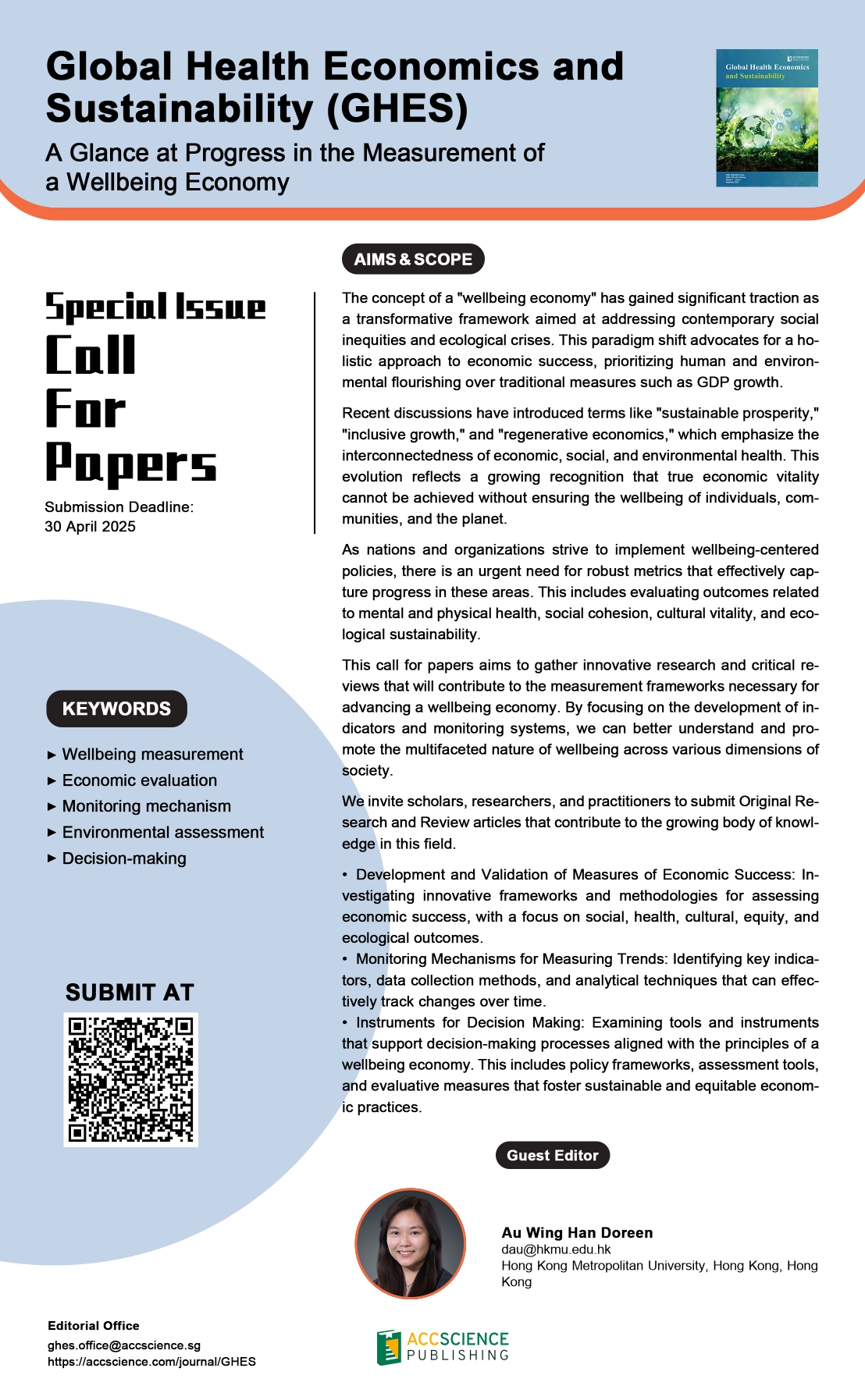
The concept of a "wellbeing economy" has gained significant traction as a transformative framework aimed at addressing contemporary social inequities and ecological crises. This paradigm shift advocates for a holistic approach to economic success, prioritizing human and environmental flourishing over traditional measures such as GDP growth.
Recent discussions have introduced terms like "sustainable prosperity," "inclusive growth," and "regenerative economics," which emphasize the interconnectedness of economic, social, and environmental health. This evolution reflects a growing recognition that true economic vitality cannot be achieved without ensuring the wellbeing of individuals, communities, and the planet.
As nations and organizations strive to implement wellbeing-centered policies, there is an urgent need for robust metrics that effectively capture progress in these areas. This includes evaluating outcomes related to mental and physical health, social cohesion, cultural vitality, and ecological sustainability.
This call for papers aims to gather innovative research and critical reviews that will contribute to the measurement frameworks necessary for advancing a wellbeing economy. By focusing on the development of indicators and monitoring systems, we can better understand and promote the multifaceted nature of wellbeing across various dimensions of society.
We invite scholars, researchers, and practitioners to submit Original Research and Review articles that contribute to the growing body of knowledge in this field.
- Development and Validation of Measures of Economic Success: Investigating innovative frameworks and methodologies for assessing economic success, with a focus on social, health, cultural, equity, and ecological outcomes.
- Monitoring Mechanisms for Measuring Trends: Identifying key indicators, data collection methods, and analytical techniques that can effectively track changes over time.
- Instruments for Decision Making: Examining tools and instruments that support decision-making processes aligned with the principles of a wellbeing economy. This includes policy frameworks, assessment tools, and evaluative measures that foster sustainable and equitable economic practices.


